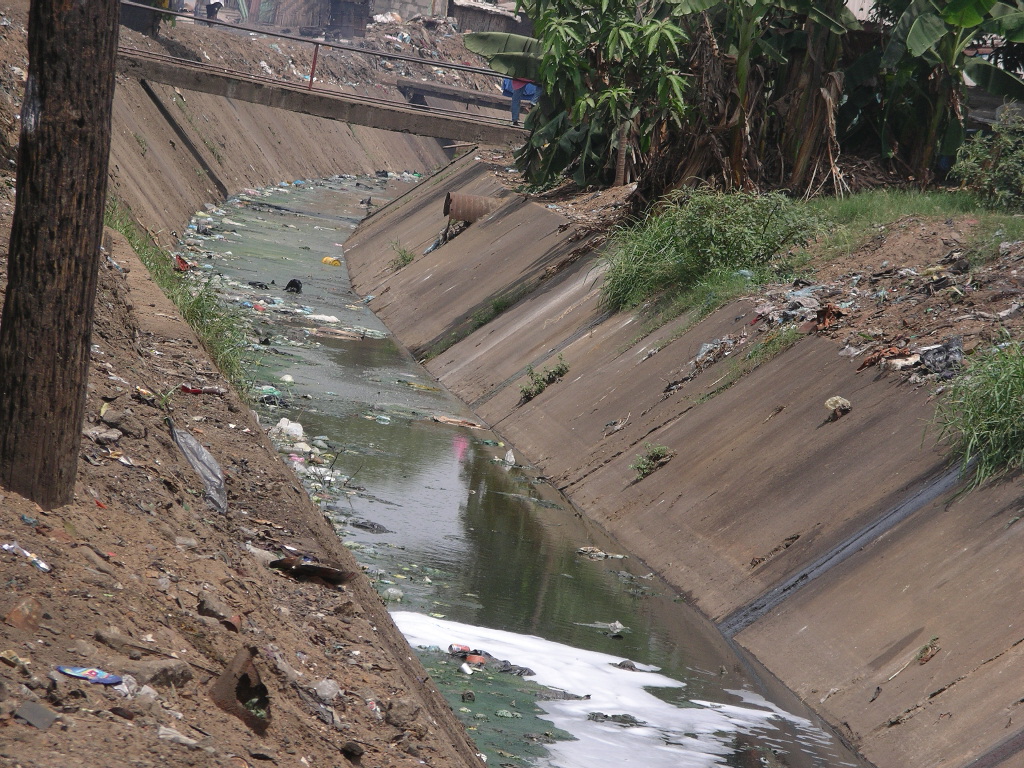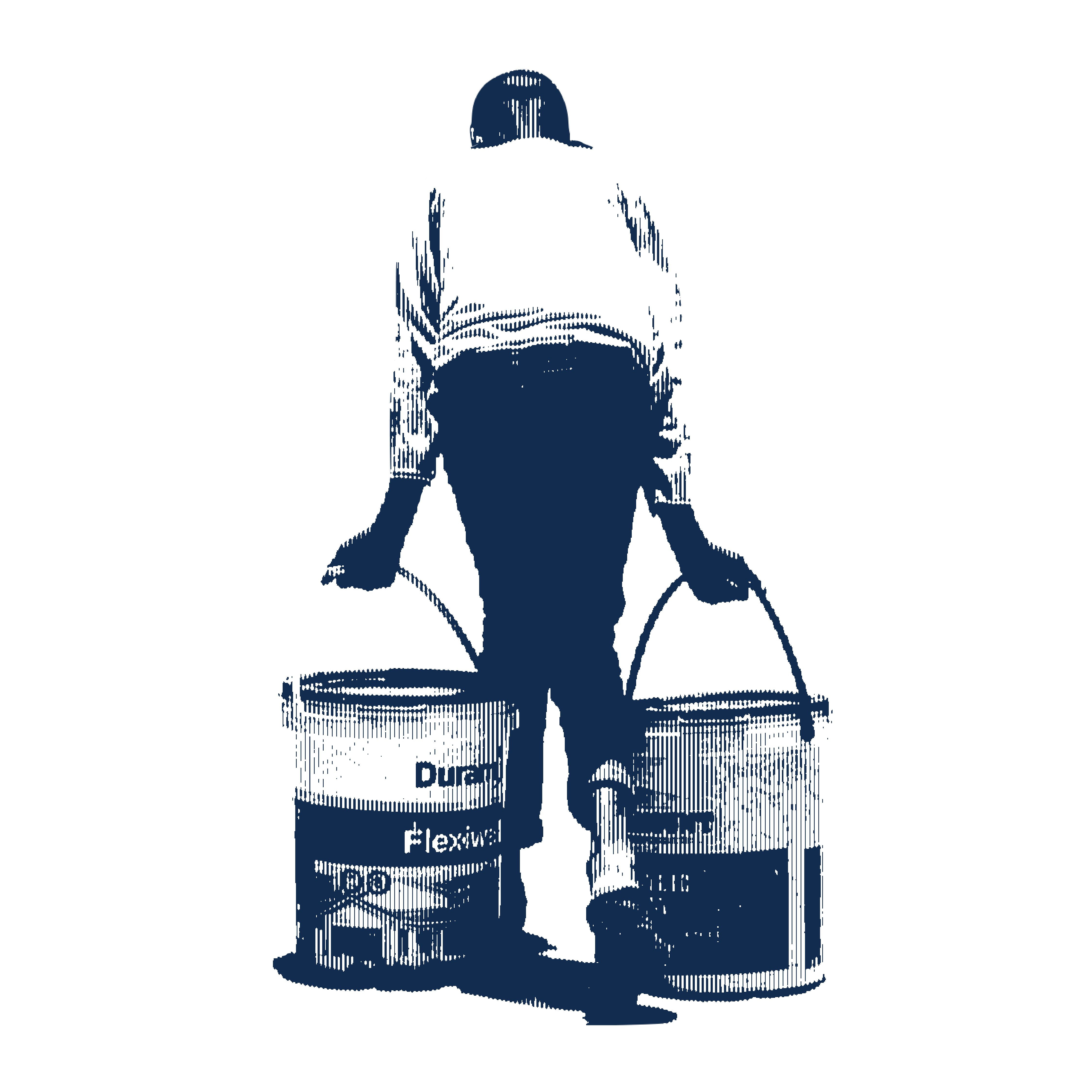
Issues surrounding water and sanitation have been a major priority at the Pulitzer Center, with nearly 20 reporting projects from around the world. This fall sees a major expansion in our efforts with an innovative partnership aimed at highlighting sector challenges in West Africa.
Four journalists--one each from Liberia, Nigeria, Ghana, and Ivory Coast--have received grants to cover water and sanitation issues in their countries for their news outlets, the Pulitzer Center website, and US news media. Emmy Award-winner Steve Sapienza and I are working with them on the project. We will travel to the region in mid October to produce videos for US broadcast on the West African journalists' reporting.
Last week we all gathered in Stockholm for World Water Week to meet with government officials, NGO representatives, and experts on the topic as well as to lay plans for reporting to take place over the next several months.
The initiative promises a fresh—and more accurate—perspective on water and sanitation issues that will be driven by the deep experience of the journalists in their countries. The journalists' stories are still in development, but already I'm struck that their focus is different from the news on this issue we've seen in the past. For the most part, NGOs and multilateral institutions such as the World Bank are secondary concerns. Governments are in the spotlight.
Why haven't these governments figured out how to provide water and sanitation to their people? What is taking so long? Who is responsible? How can government be improved? Where is the outrage of the people?
Over the coming months, our team hopes to find answers to these questions. We will be exploring them from two angles: How do post-conflict states such as Liberia and Ivory Coast pull themselves together to provide basic services like water and sanitation, and what is holding back progress in more prosperous countries like Ghana and Nigeria that seemingly have the resources to solve the problem but so often fall short?
In the meantime, meet the journalists who will be making this happen in the videos below—and stay tuned for updates from the field.
Ameto Akpe introduces her forthcoming reporting on opaque financial management in the Nigerian water sector and communities where improvements are sustainable.
Selay Kouassi introduces his project on how water is used as a tool of peace and war in Ivory Coast.
Samuel Agyemang introduces his project on barriers to extending access to water and sanitation in Ghana.
Tecee Boley introduces her project on why slums in Liberia continue to lack access to clean water.







